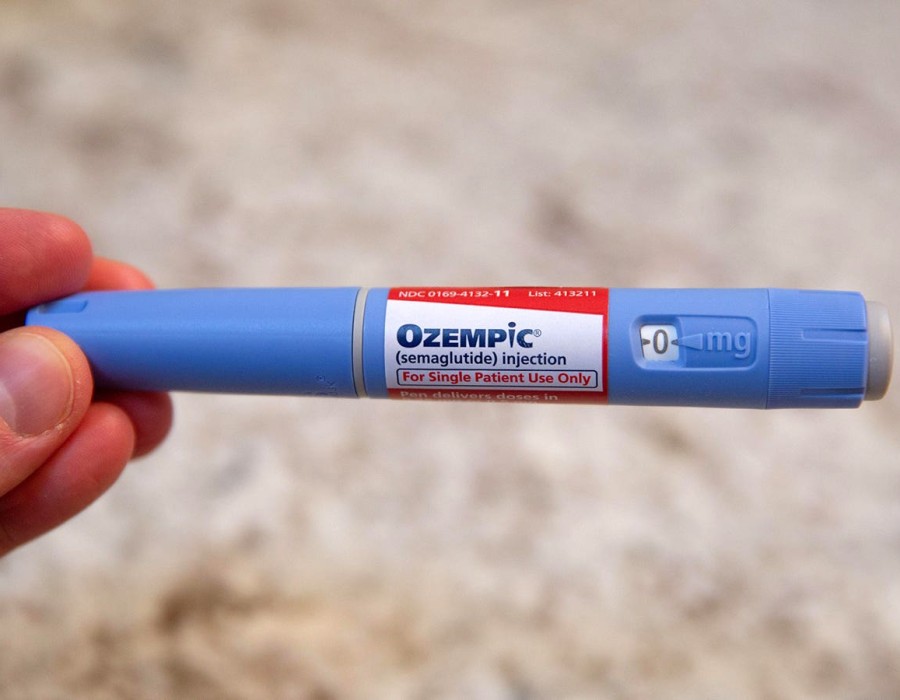Managing type 2 diabetes effectively often involves choosing the right medication to control blood sugar levels and address individual health needs. Ozempic (semaglutide) has emerged as a popular option in Dubai, but it is essential to understand how it compares to other diabetes medications. This article provides insights into how Ozempic Injection in Dubai stacks up against alternative treatments, helping patients in Dubai make informed decisions about their diabetes management.
Overview of Ozempic
What is Ozempic?
Ozempic is a glucagon-like peptide-1 (GLP-1) receptor agonist that helps regulate blood sugar by enhancing insulin secretion, reducing glucose production, and slowing gastric emptying. It is also known for its effectiveness in promoting weight loss, which can be beneficial for many individuals with type 2 diabetes.
Dosage and Administration:
- Dosage: Ozempic is typically started at 0.25 mg once a week, with potential increases to 0.5 mg or 1 mg based on individual response.
- Administration: It is administered as a weekly subcutaneous injection using a prefilled pen.
Comparing Ozempic to Other Diabetes Medications
1. Metformin
Overview:
Metformin is often the first-line treatment for type 2 diabetes. It works by decreasing glucose production in the liver and improving insulin sensitivity.
Advantages:
- Cost: Metformin is generally less expensive than newer medications like Ozempic.
- Experience: It has a long track record of effectiveness and safety.
Disadvantages:
- Side Effects: Common side effects include gastrointestinal issues such as nausea and diarrhea.
- Weight Effects: Metformin does not have a significant impact on weight loss, which may be a consideration for patients looking to manage obesity alongside diabetes.
2. SGLT2 Inhibitors (e.g., Empagliflozin, Canagliflozin)
Overview:
SGLT2 inhibitors work by preventing glucose reabsorption in the kidneys, leading to increased glucose excretion in the urine.
Advantages:
- Weight Loss: These medications can lead to modest weight loss.
- Cardiovascular Benefits: Some SGLT2 inhibitors have been shown to reduce cardiovascular risk.
Disadvantages:
- Risk of UTIs: Increased glucose in the urine can lead to a higher risk of urinary tract infections.
- Cost: SGLT2 inhibitors can be more expensive than older medications.
3. DPP-4 Inhibitors (e.g., Sitagliptin, Saxagliptin)
Overview:
DPP-4 inhibitors work by enhancing the body's natural incretin hormones, which help to increase insulin secretion and decrease glucose production.
Advantages:
- Weight Neutral: These medications generally do not cause weight gain or loss.
- Low Risk of Hypoglycemia: They have a low risk of causing low blood sugar levels.
Disadvantages:
- Efficacy: They may not be as effective as Ozempic in achieving significant weight loss or blood sugar control.
- Cost: DPP-4 inhibitors can be costly and are sometimes less preferred compared to other classes of drugs.
4. Insulin Therapy
Overview:
Insulin therapy involves the use of insulin injections to help control blood sugar levels. It is often used when oral medications and other injectable drugs are insufficient.
Advantages:
- Effective Blood Sugar Control: Insulin is highly effective at lowering blood sugar levels.
- Customization: Dosages and types of insulin can be tailored to individual needs.
Disadvantages:
- Weight Gain: Insulin therapy can lead to weight gain.
- Injection Frequency: Multiple daily injections or an insulin pump may be required, which can be cumbersome for some patients.
5. GLP-1 Receptor Agonists (Other than Ozempic, e.g., Liraglutide)
Overview:
Liraglutide, another GLP-1 receptor agonist, is similar to Ozempic but differs in its dosing and duration of action.
Advantages:
- Similar Benefits: Like Ozempic, liraglutide helps with blood sugar control and weight loss.
- Varied Dosing: It may offer more flexible dosing options for some patients.
Disadvantages:
- Frequency: Liraglutide may require daily injections, unlike the weekly Ozempic.
- Cost: Both Ozempic and liraglutide can be expensive compared to older diabetes medications.
Dubai-Specific Considerations
Healthcare System and Accessibility:
- Insurance Coverage: The cost and availability of medications can vary depending on insurance coverage. Ozempic and newer diabetes medications might be more costly, so checking with insurance providers is crucial.
- Pharmacy Availability: Ensure that the medication is available at local pharmacies and clinics in Dubai. Some newer or specialized medications might be less accessible.
Healthcare Provider Consultation:
- Personalization: Patients should consult healthcare providers to determine the most appropriate medication based on individual health needs, diabetes management goals, and any existing health conditions.
- Regular Monitoring: Regardless of the medication, regular follow-ups and monitoring are essential to assess effectiveness and adjust treatment as needed.
Conclusion
Choosing the right diabetes medication involves understanding the benefits and limitations of each option. Ozempic offers significant advantages in terms of blood sugar control and weight management, but it is essential to compare it with other treatments based on individual needs and preferences. In Dubai, patients should work closely with their healthcare providers to make informed decisions and ensure optimal diabetes management.





Comments